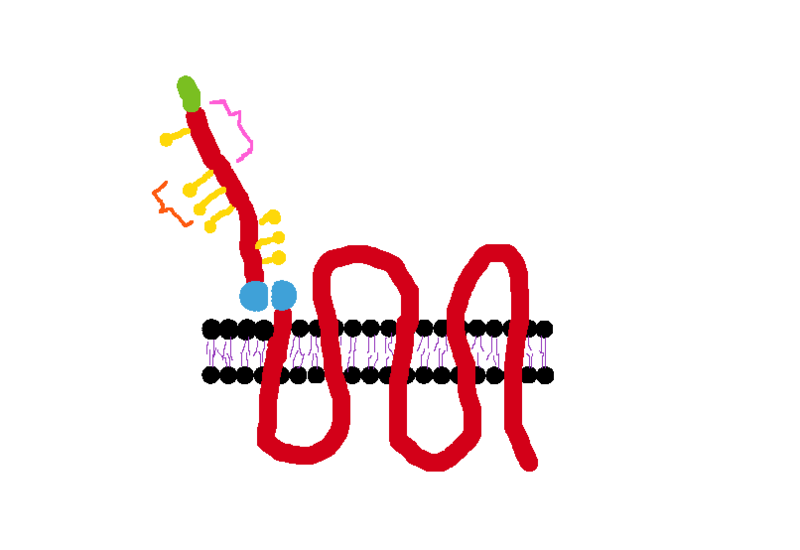UCSF Researchers Identify Key Brain Receptor in Alzheimer's Defense

In a groundbreaking study, scientists at the University of California, San Francisco (UCSF) have revealed critical insights into how the brain's immune cells, known as microglia, combat Alzheimer's disease by digesting toxic amyloid beta plaques. Published on July 27, 2025, in the journal Neuron, the research highlights a significant receptor, ADGRG1, that facilitates this protective action. The findings suggest that enhancing the function of microglia may provide a new therapeutic avenue for Alzheimer's treatment.
Alzheimer's disease is characterized by the accumulation of amyloid beta plaques, which can lead to severe cognitive decline and memory loss. The study, led by Dr. Xianhua Piao, a physician-scientist in the UCSF Department of Pediatrics, utilized a mouse model to demonstrate that microglia lacking the ADGRG1 receptor showed a rapid buildup of these plaques, leading to neurodegeneration and impairments in learning and memory. In contrast, those with the receptor present exhibited milder symptoms of Alzheimer's, indicating that ADGRG1 plays a crucial role in maintaining brain health over time.
Dr. Piao stated, "We believe this receptor helps microglia do their job of keeping the brain healthy over many years." This assertion is further supported by the analysis of human brain samples, which revealed that individuals who passed away with mild Alzheimer's had microglia rich in ADGRG1, while those with severe cases had significantly lower levels of the receptor.
The implications of this discovery are profound. Since ADGRG1 belongs to a family of G protein-coupled receptors commonly targeted in drug development, it opens the door for potential therapies aimed at enhancing the brain's immune response against amyloid beta. Dr. Piao expressed optimism about the future of drug development based on these findings, stating, "Some people are lucky to have responsible microglia. But this discovery creates an opportunity to develop drugs to make microglia effective against amyloid-beta in everyone."
The research was funded by several prominent organizations, including the National Institutes of Health and the Alzheimer's Association. The study's co-authors included Beika Zhu, PhD, Andi Wangzhou, PhD, and Richard M. Ransohoff, MD, among others, highlighting a collaborative effort in advancing Alzheimer's research.
As the global population ages, the prevalence of Alzheimer's disease is expected to rise dramatically. According to the World Health Organization, approximately 35 million people are currently affected worldwide, with projections indicating that this number could triple by 2050. The identification of ADGRG1 as a key player in microglial function could represent a pivotal step in the fight against this debilitating disease.
Experts in the field, such as Dr. Maria Carrillo, Chief Science Officer at the Alzheimer's Association, noted the significance of this discovery. "Understanding how microglia interact with amyloid beta is crucial for developing effective treatments for Alzheimer's disease. This study provides a promising path forward." Similarly, Dr. David Holtzman, a neurologist at Washington University in St. Louis, emphasized that these findings could lead to new strategies for preventing or slowing the progression of Alzheimer's.
In conclusion, the identification of the ADGRG1 receptor marks a significant milestone in Alzheimer's research, offering hope for new therapeutic approaches that could enhance brain immunity and potentially mitigate the effects of this devastating disease. Future studies will be essential to validate these findings and explore the therapeutic potential of targeting ADGRG1 in clinical settings.
Advertisement
Tags
Advertisement





